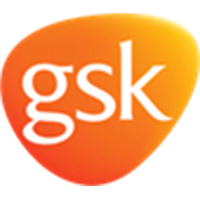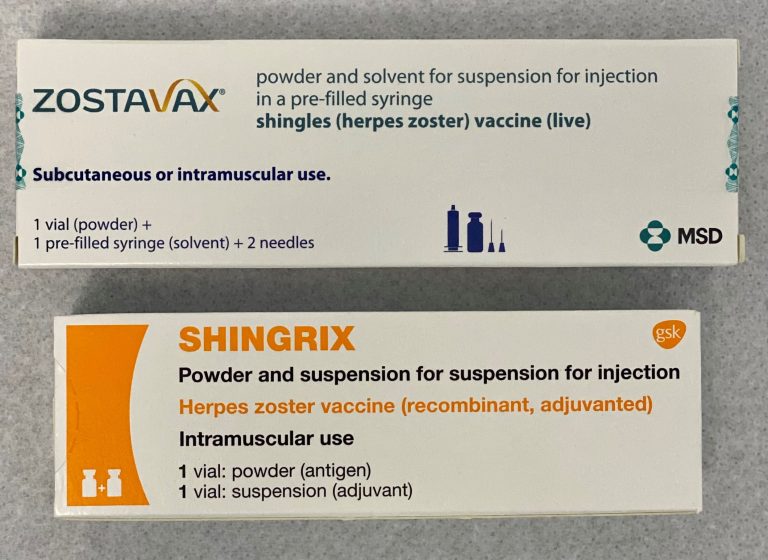GlaxoSmithKline PLC (LON: GSK) ViiV Healthcare, the global specialist HIV company majority owned by GSK, with Pfizer Inc. and Shionogi Limited as shareholders, today announced positive headline results from its global phase III ATLAS-2M study of the investigational, long-acting, injectable, 2-drug regimen (2DR) of ViiV Healthcare’s cabotegravir and Janssen’s rilpivirine for the treatment of HIV. The study was designed to demonstrate the non-inferior antiviral activity and safety of long-acting cabotegravir and rilpivirine administered every eight weeks (two months) compared to every four weeks (monthly) over a 48-week treatment period in adults living with HIV-1 infection whose viral load is suppressed and who are not resistant to cabotegravir or rilpivirine.
The study met its primary endpoint, showing that the long-acting regimen of cabotegravir and rilpivirine, injected every two months, was non-inferior to cabotegravir and rilpivirine administered every month at Week 48. Non-inferiority was assessed by comparison of the proportions of participants with plasma HIV-RNA ≥ 50 copies per milliliter (c/mL) using the FDA Snapshot algorithm at Week 48 (Intent-to-Treat Exposed [ITTE] population). Overall safety, virologic response and drug resistance results for the every-two-months injectable regimen were consistent with results from the phase III ATLAS study.
Kimberly Smith, M.D., Head of Research & Development at ViiV Healthcare, said:
“We are excited to report that for the first time since the AIDS epidemic started more than 30 years ago, our ATLAS-2M study has demonstrated that it is possible to maintain suppression of the HIV virus with an injectable regimen containing two drugs administered every two months. This is further progress in our efforts to reduce the number of medicines a person living with HIV must take while also reducing the frequency of treatments. The ATLAS-2M study results mean that people living with HIV could maintain viral suppression with six total treatments per year, instead of a daily oral treatment 365 times per year. Approval of this regimen would mark a significant change in the HIV treatment paradigm.”
Detailed results from the ATLAS-2M study will be presented at an upcoming scientific meeting.
This investigational, long-acting, injectable regimen is being co-developed as a collaboration with Janssen Sciences Ireland UC and has been submitted to regulatory authorities in the United States, Canada and Europe. A Priority Review Designation for the once-monthly injectable regimen was granted by the FDA with an expected action date of December 29, 2019.
About ATLAS-2M (NCT03299049)
The ATLAS-2M study is a phase III, randomised, open-label, active-controlled, multicentre, parallel-group, non-inferiority study designed to assess the non-inferior antiviral activity and safety of long-acting cabotegravir and rilpivirine administered every eight weeks compared to long-acting cabotegravir and rilpivirine administered every four weeks over a 48-week treatment period in 1,045 adults living with HIV-1.P0F[1]P Subjects were required to be virally suppressed for six months or greater, on first or second regimen, with no prior failure. The primary outcome measure for the study is the proportion of participants with HIV-RNA ≥ 50 c/mL at Week 48 using the FDA Snapshot algorithm (Intent-to-Treat Exposed [ITT-E] population).
ATLAS-2M is part of ViiV Healthcare’s extensive and innovative clinical trial programme for 2-drug regimens. The study is being conducted at research centres in Australia, Argentina, Canada, France, Germany, Italy, Mexico, Russia, South Africa, South Korea, Spain, Sweden and the United States.









































